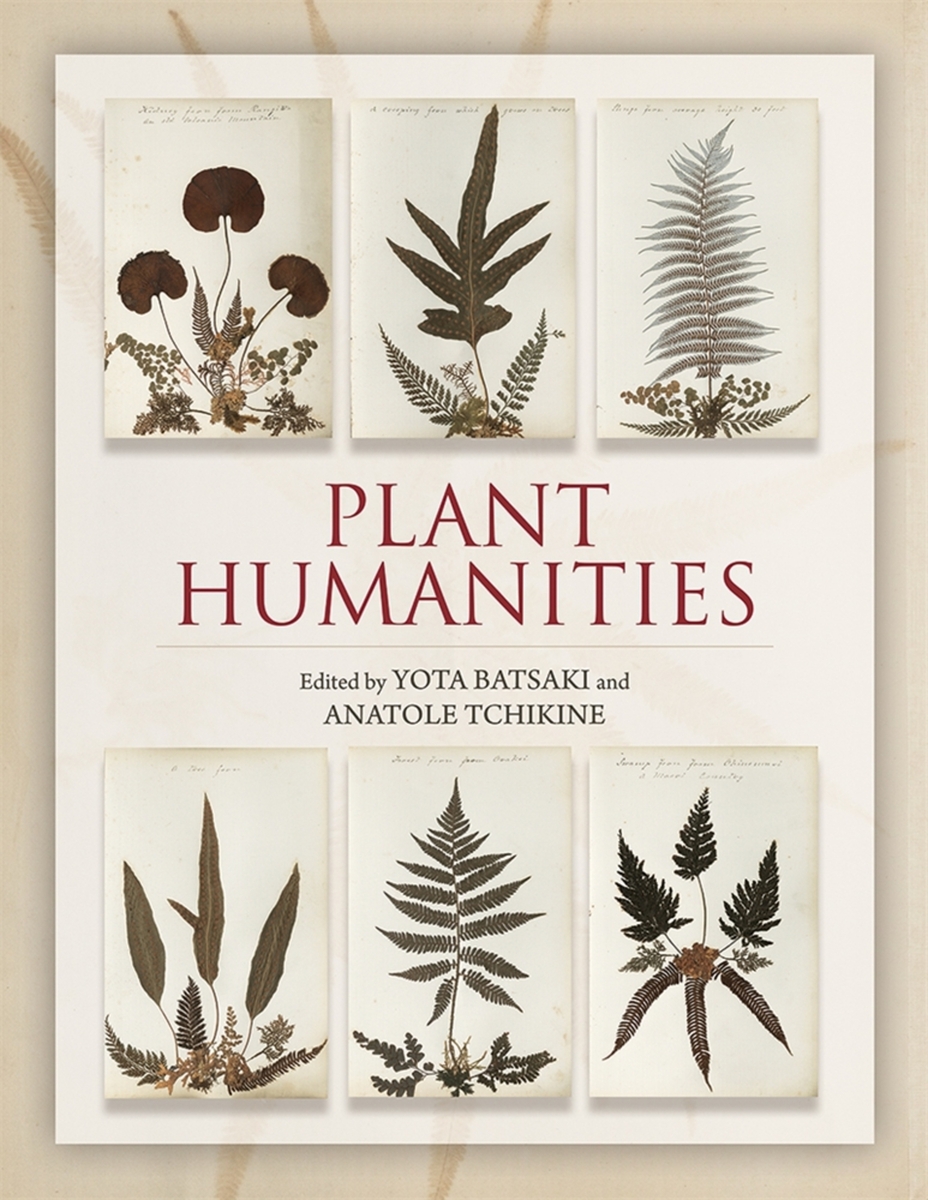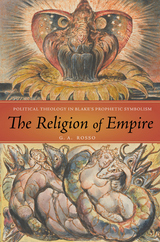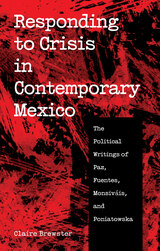Plant Humanities
Harvard University Press
Cloth: 978-0-88402-532-0 | eISBN: 978-0-88402-533-7 (ePub)
See other books on: Batsaki, Yota | Botany | Plants | Social History | Tchikine, Anatole
See other titles from Harvard University Press
Cloth: 978-0-88402-532-0 | eISBN: 978-0-88402-533-7 (ePub)
ABOUT THIS BOOK
ABOUT THIS BOOK
Plant Humanities moves plants to the center of critical inquiry, positioning them as biocultural entities with distinct environmental and social histories that have profoundly shaped human cultures. Its thirteen chapters cover a broad geographical range, including the Americas, Europe, the Pacific, the Indian subcontinent, East Asia, and Africa, to explore the dual character of plants as place makers and world travelers. As ecosystem builders and cultural agents constitutive of national, sacred, and domestic ecologies, plants help us trace legacies of colonialism, capitalism, racism, and the related challenges of anthropogenic climate change and biodiversity loss. Plant-focused epistemologies are also central to this volume; several essays explore the interplay between vernacular and scientific paradigms and distinct taxonomic systems to reveal instances of rupture, continuity, and resilience. Plant Humanities concludes with the discussion of the poetics of plants—their foundational role in communal imaginaries—and the ways they shape our understanding of the sacred, probing how notions of value are predicated on human commodification, elevation, or abjection of the vegetal world.
See other books on: Batsaki, Yota | Botany | Plants | Social History | Tchikine, Anatole
See other titles from Harvard University Press












